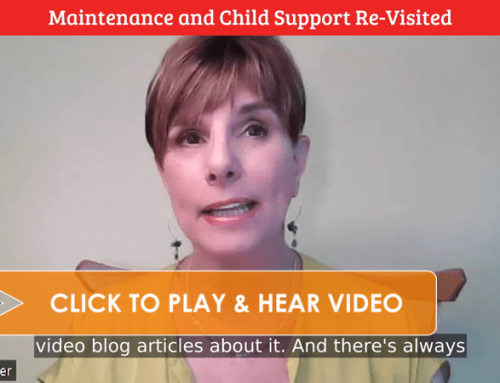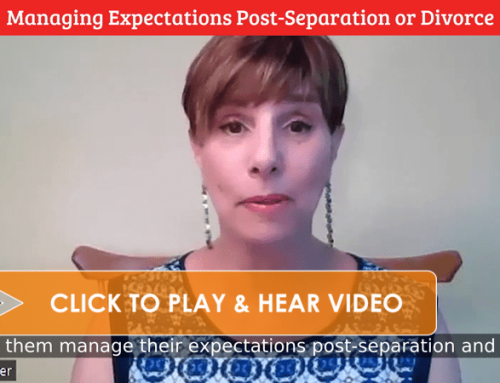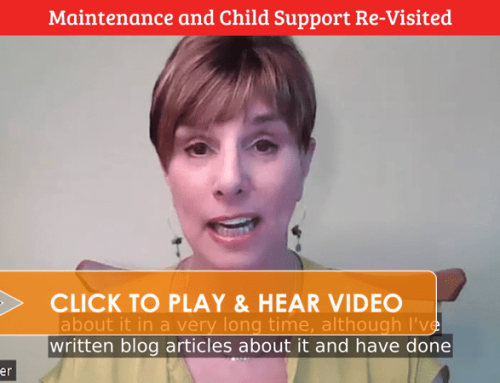 {3:54 minutes to read} The scenarios Steve Kobrin outlined in Part 1 of this series are something to which most married couples don’t give much thought until the time is upon them to make the decision. At that time, it may be too late to make the choice they would prefer.
{3:54 minutes to read} The scenarios Steve Kobrin outlined in Part 1 of this series are something to which most married couples don’t give much thought until the time is upon them to make the decision. At that time, it may be too late to make the choice they would prefer.
If they were to take Option #1 (and who wouldn’t want that – you receive the maximum amount the plan would pay out on a monthly basis), the participant is probably at an age where it is unlikely they could obtain a substantial and affordable life insurance policy to cover the difference, were they to die once in payout status. Therefore, they may likely opt for Option #2.
In my 13+- year mediation practice, I’ve only had two couples where the husband had thought this out early on. In each of these cases, the husband was a police officer, and his older colleagues who knew the score advised him to obtain a life insurance policy while he was young and healthy.
Of course, no one knows how long they will live, but using actuarial tables (which life insurance companies use), these police officers considered what the deduction would be on their monthly payment if they chose Option #2. They then compared that to the maximum payout on Option #1 and took out a life insurance policy that would at least cover the difference, and in some cases, provide for even MORE.
The other advantage to the life insurance policy is that the money is tax-free, because you have already paid for the policy with after-tax dollars. The monthly “stipend” one would collect from the pension is taxed as regular income. Of course, by the time you would collect on the pension, you would likely be taxed at a lower rate given the fact that, aside from Social Security, this may be your only other income. Nevertheless, it is still taxable income.
What’s interesting is that, when couples see me to mediate their separation and divorce, they must address decisions about their retirement plans now and not later. This is because it’s part of the equitable distribution discussion, and they must decide how they will divide their plans with each other in advance of any future retirement date.
Also, in the case of a 401k and pension, a Qualified Domestic Relations Order (also known as a QDRO) must be drafted which stipulates NOW the option the participant will take when he or she retires. The operative word for the QDRO is the “Order” – it is “so ordered” by the judge. Once the judge signs the QDRO, the plan administrator must adhere to the QDRO as written, so it’s important that it articulates the party’s wishes exactly.
If there is one silver lining to a divorce, it is that it compels couples to think NOW about the options they will be asked to take in the future. This gives them some maneuvering room to make sound decisions, which may include taking out a life insurance policy that optimizes and protects the retirement assets.
- Is the Child Support Statute in New York State Still Relevant Today? (video) - April 2, 2024
- Managing Expectations Post-Separation or Divorce (video) - March 6, 2024
- Maintenance and Child Support Re-Visited (video) - February 21, 2024






Leave A Comment